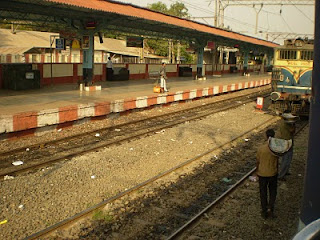Movie Review: Devdas
Melancholy reigns supreme in "Devdas", a heartrending story of lover committed to self-destruction, a story penned by legendary Bengali writer Saratchandra Chatterjee and given the shape of an all-time classic by a master filmmaker Bimal Roy. The timeless Saratchandra Chatterjee novel has been treated impeccably by Bimal Roy in this 1955 movie that starred Dilip Kumar, Suchithra Sen, Vyjayanthimala and Motilal. Devdas is a film that grows on you and ultimately leaves you devastated by the tragic end of the protagonist. Devdas is a moving tale that revolves around three characters: Devdas (Dilip Kumar), Paro (Suchithra Sen) who are childhood sweethearts and grow up together in Tal Sonapur, a village in West Bengal. Their association assumes the form of love when they become adults but Devdas faces opposition from his father, who rejects their marriage proposal since Devdas belongs to the higher caste zamindars. Paro is married off to a man who is twice her age with a grown up ...
